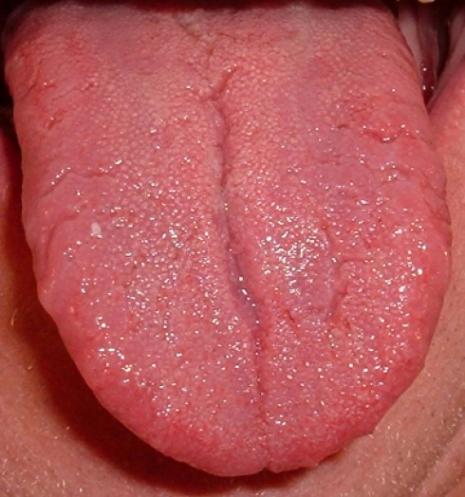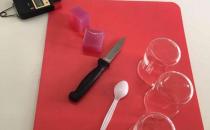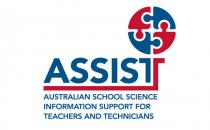
Tasty science - Year 8 CLE

This Connected Learning Experience explores how cell specialisation helps animals survive.
In this investigation, the specialised structures and functions of cells in the tongue are explored to determine how this organ helps animals survive.
Claims regarding the taste map of the tongue, published in 1901, are evaluated through planning and conducting experiments, processing, analysing and evaluating the data.
Learning intentions
Students will be able to:
- understand that the tongue is an organ with different specialised cells;
- conduct experiments to determine the types of tastes which the tongue can sense;
- investigate the claim that the taste buds on the tongue can be mapped to show different tastes associated with different regions;
- make and record accurate observations;
- identify patterns from observations;
- evaluate the evidence gathered and compare this to the ‘tongue map’ claim;
- understand that scientific knowledge changes as new evidence becomes available.
Australian Curriculum v9 Codes: AC9S8U01 (Year 8), AC9S8U02 (Year 8)
Additional Information
A Connected Learning Experience (CLE) is a resource package designed to support the use of inquiry investigations in the classroom.
Each CLE may not encompass all the concepts and skills addressed in the specific content descriptions outlined by the Australian Curriculum: Science for that Year level. The Learning Intentions clearly define the aims and objectives of the CLE.
Year 8 Achievement Standard
This lesson sequence provides opportunities to gather information about students’ achievement of the following:
By the end of Year 8, students…
By the end of Year 8, students compare physical and chemical changes and use the particle model to explain and predict the properties and behaviours of substances. They identify different forms of energy and describe how energy transfers and transformations cause change in simple systems. They compare processes of rock formation, including the time scales involved. They analyse the relationship between structure and function at cell, organ and body system levels. Students examine the different science knowledge used in occupations. They explain how evidence has led to an improved understanding of a scientific idea and describe situations in which scientists collaborated to generate solutions to contemporary problems.
Students identify and construct questions and problems that they can investigate scientifically. They consider safety and ethics when planning investigations, including designing field or experimental methods. They identify variables to be changed, measured and controlled. Students construct representations of their data to reveal and analyse patterns and trends, and use these when justifying their conclusions. They explain how modifications to methods could improve the quality of their data and apply their own scientific knowledge and investigation findings to evaluate claims made by others. They use appropriate language and representations to communicate science ideas, methods and findings in a range of text types.
Relevant prior curriculum knowledge
Science / Year 5 / Science Understanding / Biological Sciences
Content description
Living things have structural features and adaptations that help them to survive in their environment (ACSSU043)
- Year 8 > Science Inquiry Skills > Evaluating > Reflect on scientific investigations including evaluating the quality of the... > ACSIS146
- Year 8 > Science Inquiry Skills > Evaluating > Use scientific knowledge and findings from investigations to evaluate claims... > ACSIS234
- Year 8 > Science Inquiry Skills > Planning and conducting > Collaboratively and individually plan and conduct a range of investigation... > ACSIS140
- Year 8 > Science Inquiry Skills > Planning and conducting > Measure and control variables, select equipment appropriate to the task and... > ACSIS141
- Year 8 > Science Inquiry Skills > Processing and analysing data and information > Construct and use a range of representations, including graphs, keys and models... > ACSIS144
- Year 8 > Science Inquiry Skills > Processing and analysing data and information > Summarise data, from students’ own investigations and secondary sources, and... > ACSIS145
- Year 8 > Science Understanding > Biological Sciences > Cells are the basic units of living things and have specialised structures and... > ACSSU149
- Year 8 > Science Understanding > Biological Sciences > Multi-cellular organisms contain systems of organs carrying out specialised... > ACSSU150
- Year 8 > Science as a Human Endeavour > Nature and development of science > Scientific knowledge has changed peoples’ understanding of the world and is... > ACSHE134


